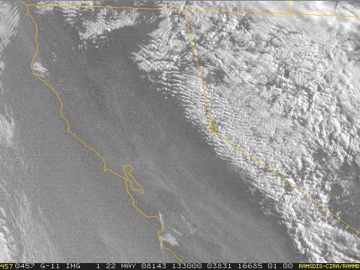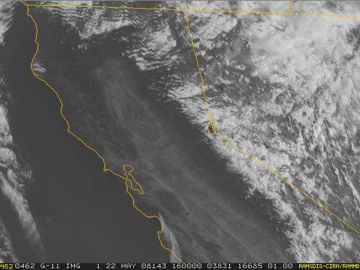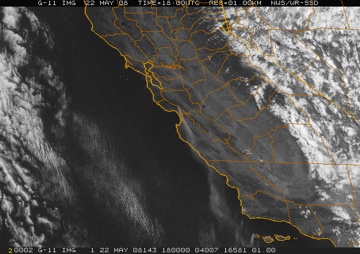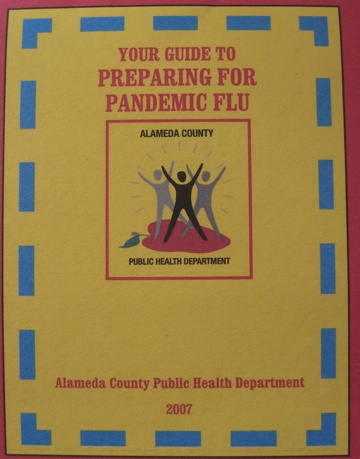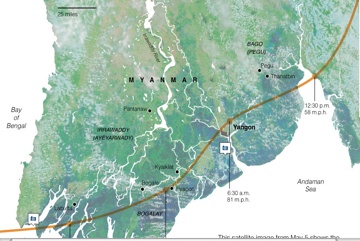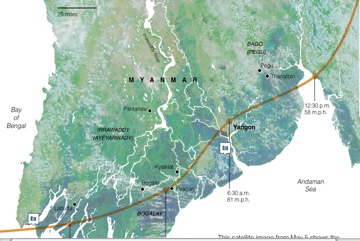The primaries are over. And now it’s time for … the 2008 Electoral Vote Predictor. (Would you like polls with that?)
The Clinton campaign is over. Now it’s time for the post mortems. The New York Times’ “this is how history unfolded” piece published online soon after Clinton gave her farewell address dwells on the backbiting and infighting inside Clinton World (and talks about the obvious ways, such as not recognizing until it was too late that Obama was blitzing Clinton in the caucus states, in which the campaign blew it). A better piece, for my money (editor’s note: US$0.00), is one from NBC’s Chuck Todd that focuses on other points, especially the Clintons’ decline over the past couple of years as forces in the party and the Clinton campaign’s early decision to de-emphasize the candidate’s role as history-making woman. And then there’s the people’s post mortem: readers at Talking Points Memo discussing the speech and the campaign.
Maybe the story has been written and I’ve missed it (send me the links), but it seems to me that there’s something substantial to say about what Obama did right. On one level, people have been talking about that for months—for instance, his success in grass-roots fund-raising. But I don’t think anyone really has a grasp of why this campaign took off the way it did. Going into the race, I think most people around the country knew him for the speech he made at the Democratic convention. Clearly there was something about him that reached a lot of people and that people remembered. During my brief tenure at the UC Berkeley Law School in 2005, I suggested that the dean, Christopher Edley, invite Obama out to do a fundraiser for the school (Edley was one of Obama’s professors at Harvard Law School). The dean responded that Obama was very hard to get; he had been told that Obama was getting 400 or 500 speaking requests a week. How many other freshman senators were getting that kind of attention after five months in office?
The last few decades are seemingly full of charismatic, smart, young Democratic presidential hopefuls who were seen as legitimate contenders and then wound up in the ditch. Some self-destructed: Ted Kennedy and Gary Hart. Some just seemed to evaporate when exposed to the harsh campaign climate (and real opposition): Jerry Brown and Howard Dean. Faced with competition arguably tougher than any of these guys, Obama succeeded. The mechanics of his success so far–the tangibles that go with all the intangibles–that’s what I’d like to hear about.

